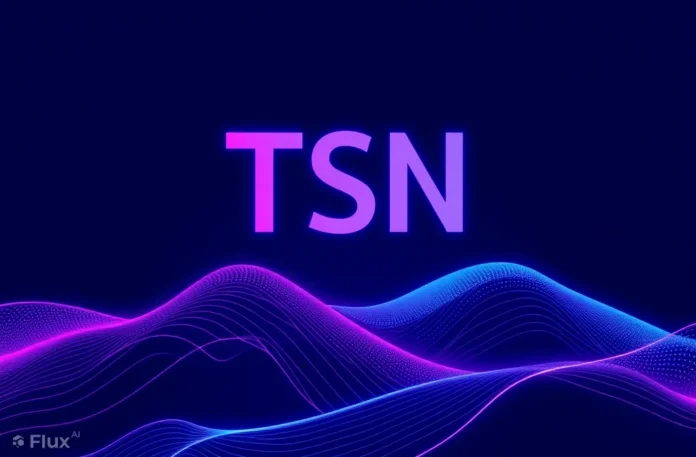The mindset to owning data has been to automatically opt people in, not out, Daniel Keller, CEO of InFlux Technologies (‘Flux’) told IoT Insider in a recent interview. Keller was there to discuss the topic of decentralised IoT, which refers to a system where devices operate independently of a central authority like a central server or Cloud-based platform.
Source and Credit: https://www.iotinsider.com/news/decentralised-iot-a-conversation-with-daniel-keller-ceo-influx/
“We’re like Amazon Web Services (AWS), but on the Blockchain,” Keller said. “Anything AWS can do, we can do as well. The difference is AWS is very centralised.”
Brief history of InFlux Technologies
Bitcoin was an early example of decentralising finance, and showed Keller what is possible. Flux was founded eight years ago, during which time it has spent time reengineering and building systems to be decentralised and building its own suite of decentralised products. “Bitcoin decentralised your finance and put a bank in your pocket, where Flux decentralises your data footprint and makes you your own data server,” explained Keller.
Flux built this concept at scale which means infrastructure front ends, back ends, servers, etc can run on Flux decentralised. In taking this decentralised IoT approach, Keller reflected that they had to think about the small details. “The components that you need such as two factor authentication we had to build, because if you’re running a product on Flux and using an authenticator this doesn’t make sense because you still have a centralised entity controlling your access,” he said.
The evident passion exhibited by Keller and his belief in decentralised IoT can be traced back to 2017: “Very early on, we said, what can we offer back to the blockchain ecosystems to make sure it succeeds? One of the things we noticed in 2017 was there was massive deplatforming. We figured there had to be a better way to worry about the product you built … to release it into a deployed platform with revenue generation and somebody comes in and shuts it down.”
Flux took the example of Google’s former unofficial motto “don’t be evil,” (which later became “do the right thing”). “They coined that phrase because they realised there were people [working] in the space doing evil things, manipulating data,” Keller detailed. “Flux adopted that from the onset: don’t be evil, again!”
As an example of one way data is manipulated is having a conversation with someone about, say, a product, and that exact product appearing on your phone later. “If somebody wants to opt in and provide their data, they should be rewarded for that,” he said.
On what industries might perhaps benefit the most from decentralised data, Keller said: “The short answer is everybody benefits but in reality, there are several areas that could capitalise on this immediately. The telecommunications industry, you could definitely see healthcare benefiting.
“Healthcare is a technological disaster right now, because there’s so much siloing – whether it’s EMR or data storage, it’s very fragmented.”
The Cyber Resilience Act
The Cyber Resilience Act (CRA), which came into force in April 2024, is a legal framework that lays out the cybersecurity requirements for hardware and software products with a digital element. It’s a step towards ensuring devices are protected – and therefore their data, which is targeted.
On the CRA, Keller said: “It’s going to need to be holistically reviewed as we continue to grow because the paradigm shift is that this is being looked at from a centralised platform scenario … I think you’ll need to review this in the next two or three years to include decentralised platforms as well.”
“To anyone developing IoT or working in the IoT industry to take the time to look at what decentralised protocols can do for you, start testing it. Because this is the future,” Keller concluded, affirming his own vision.



